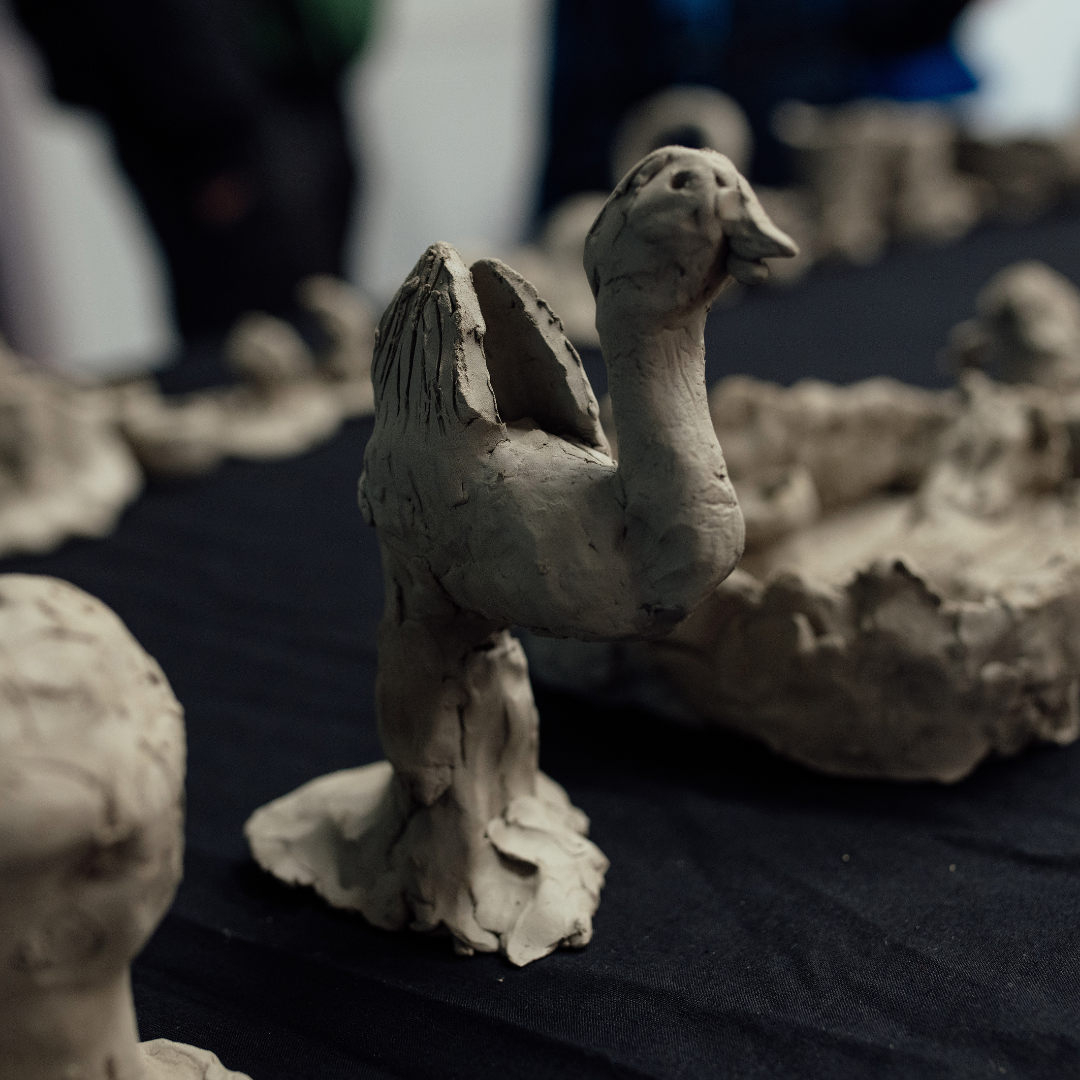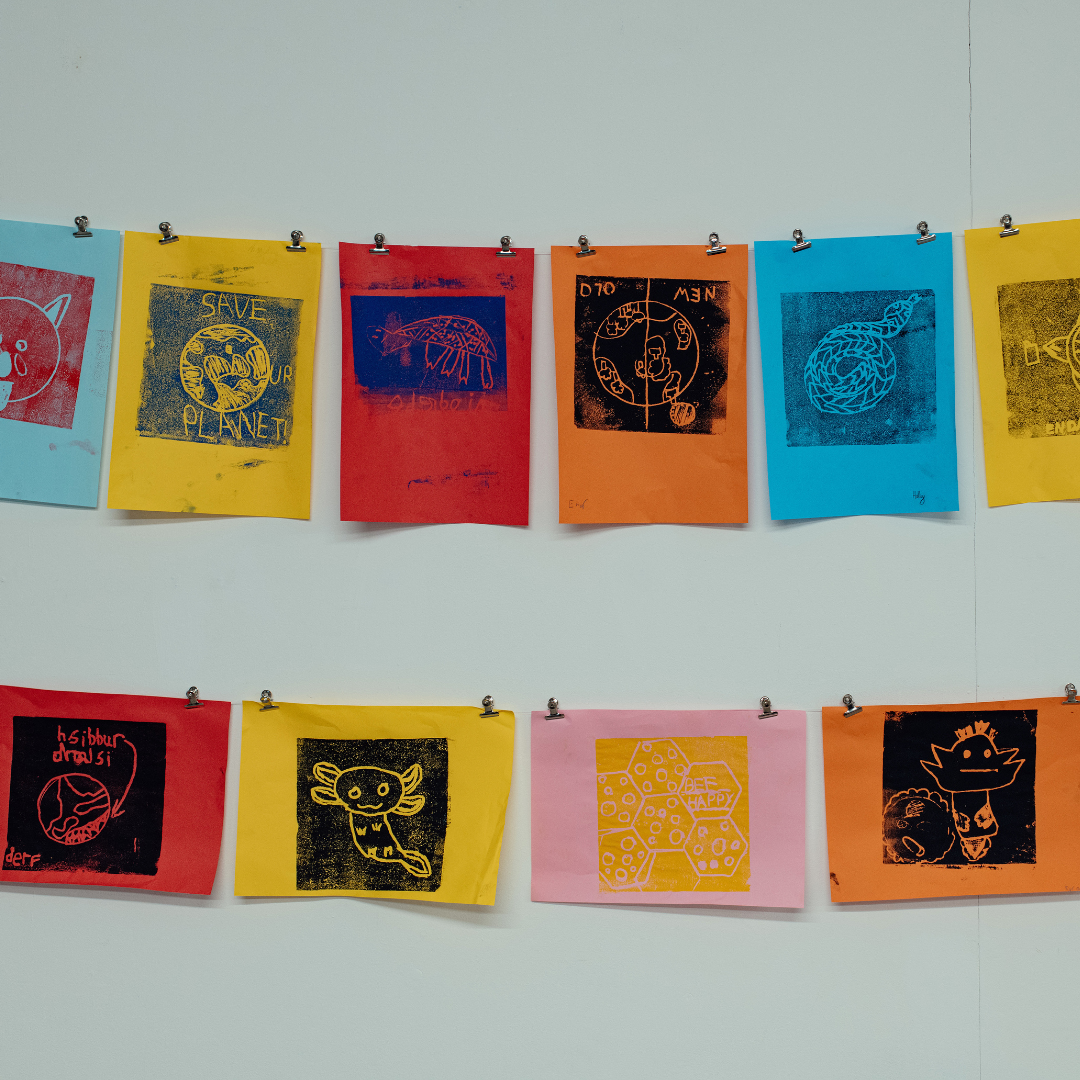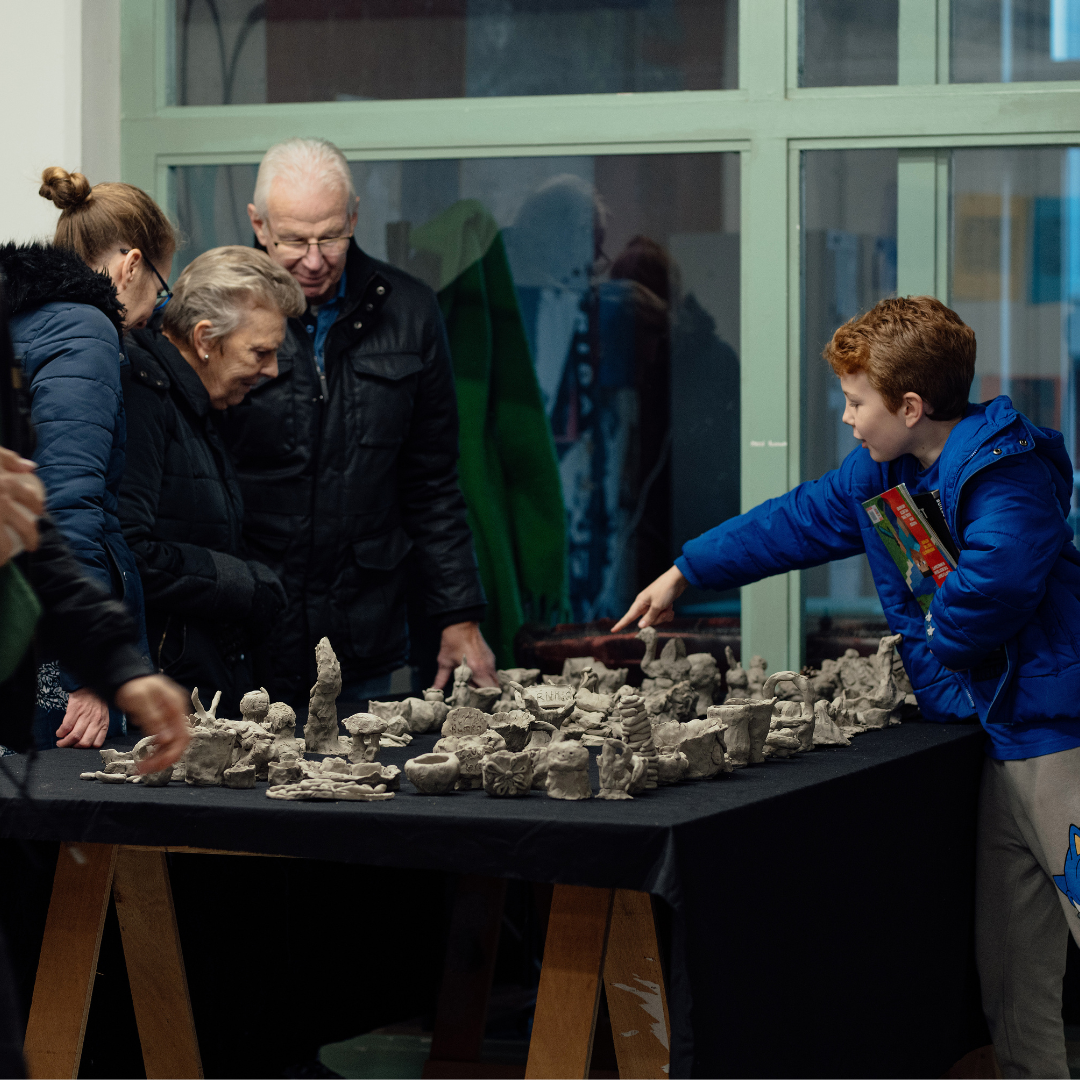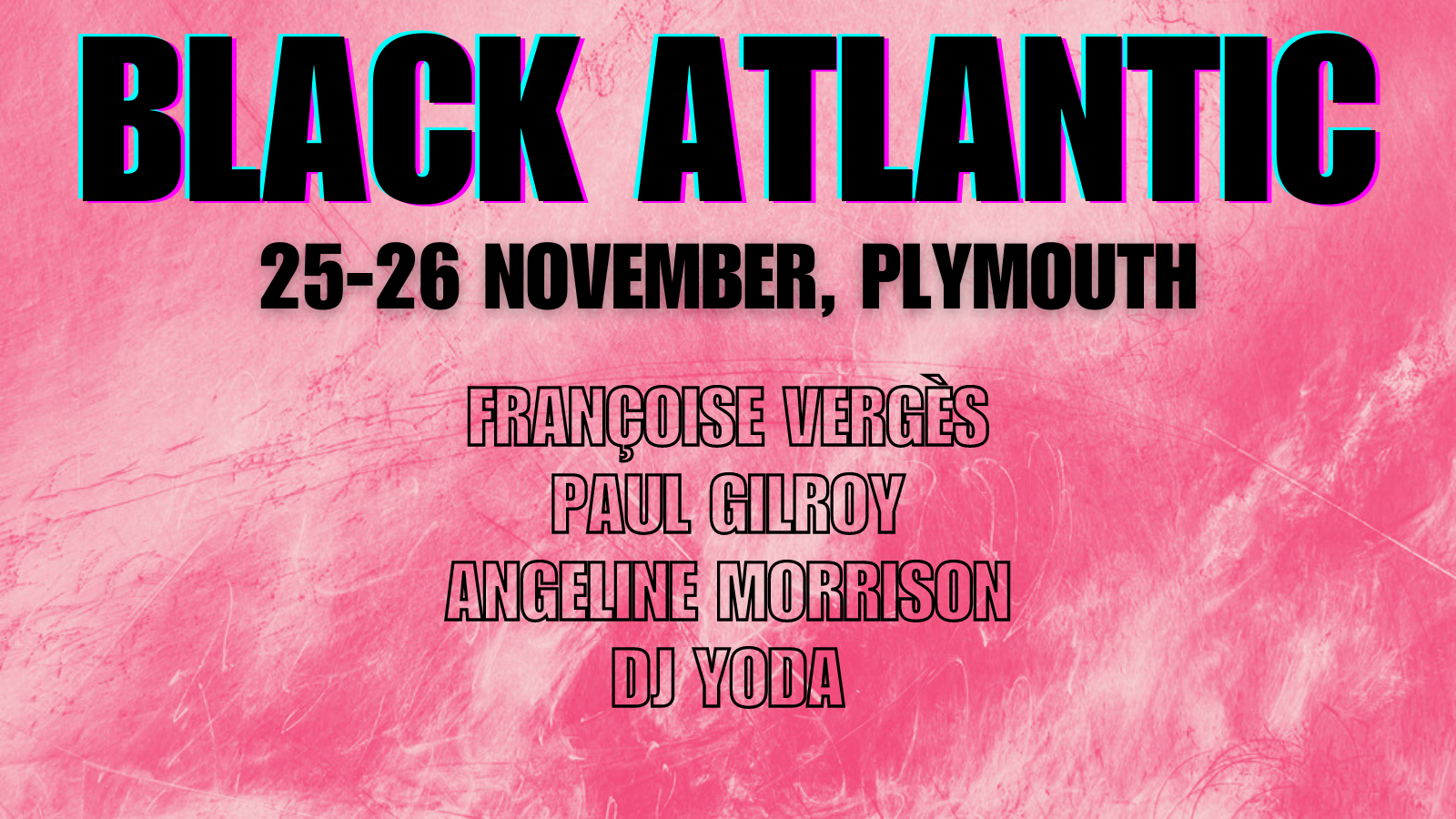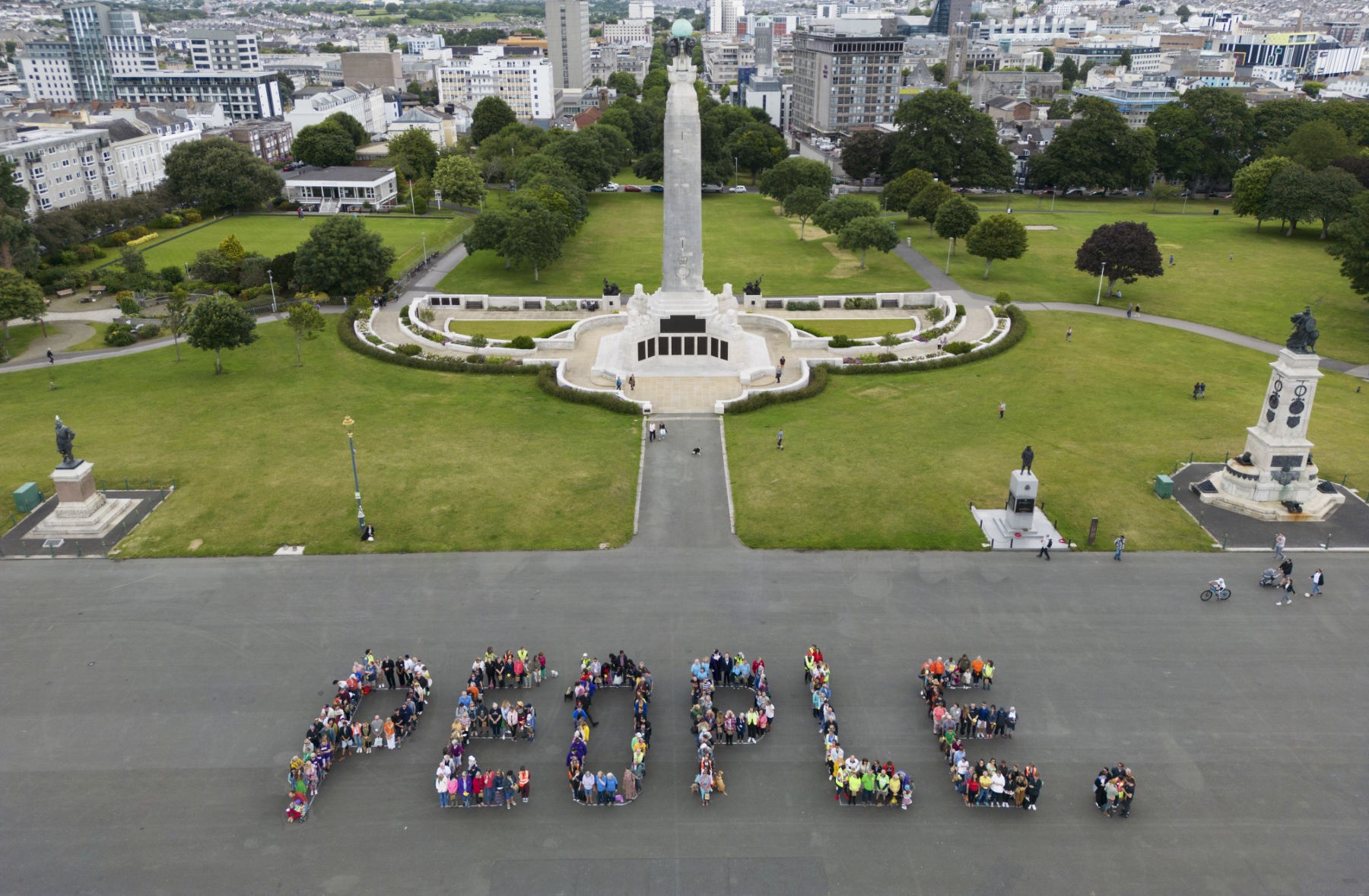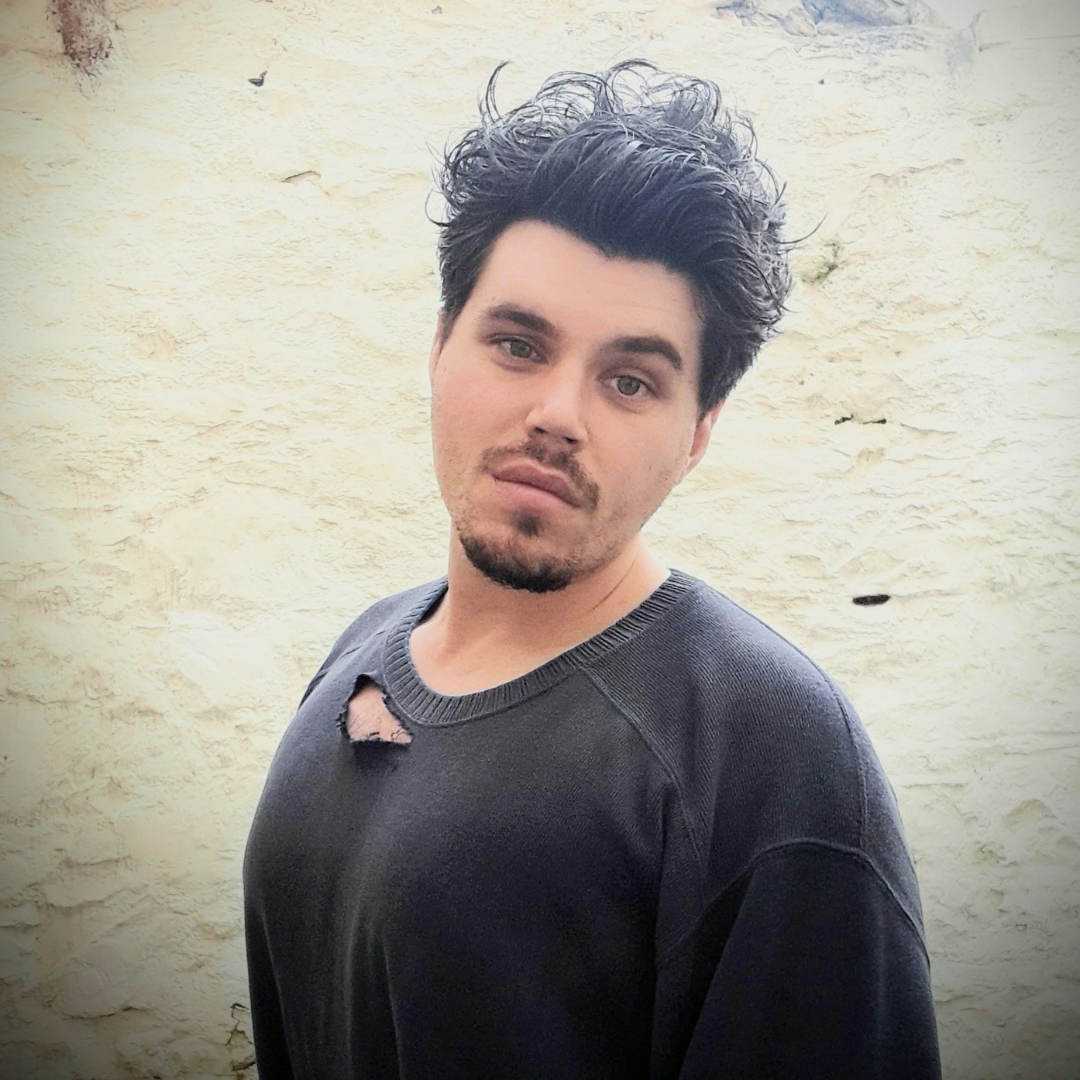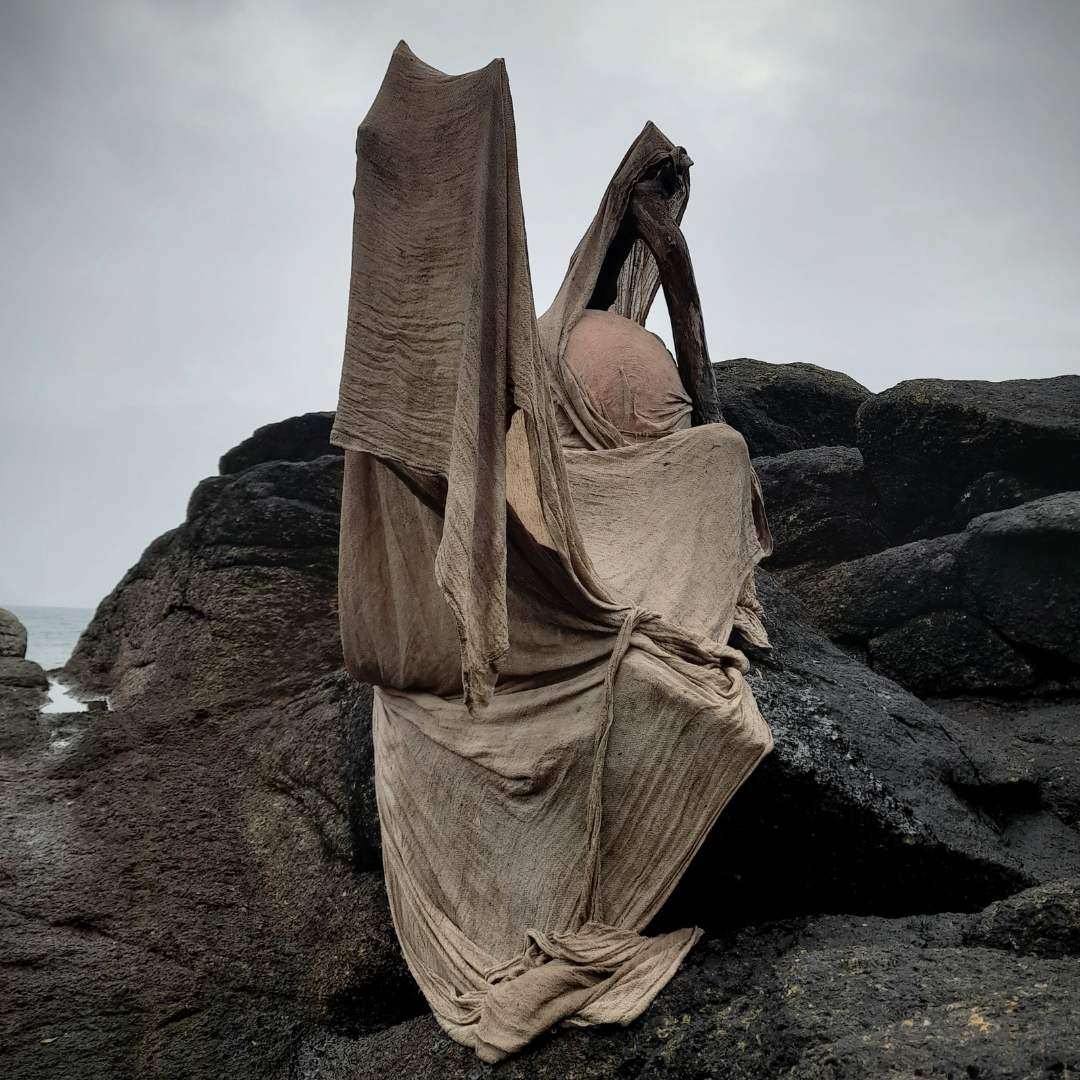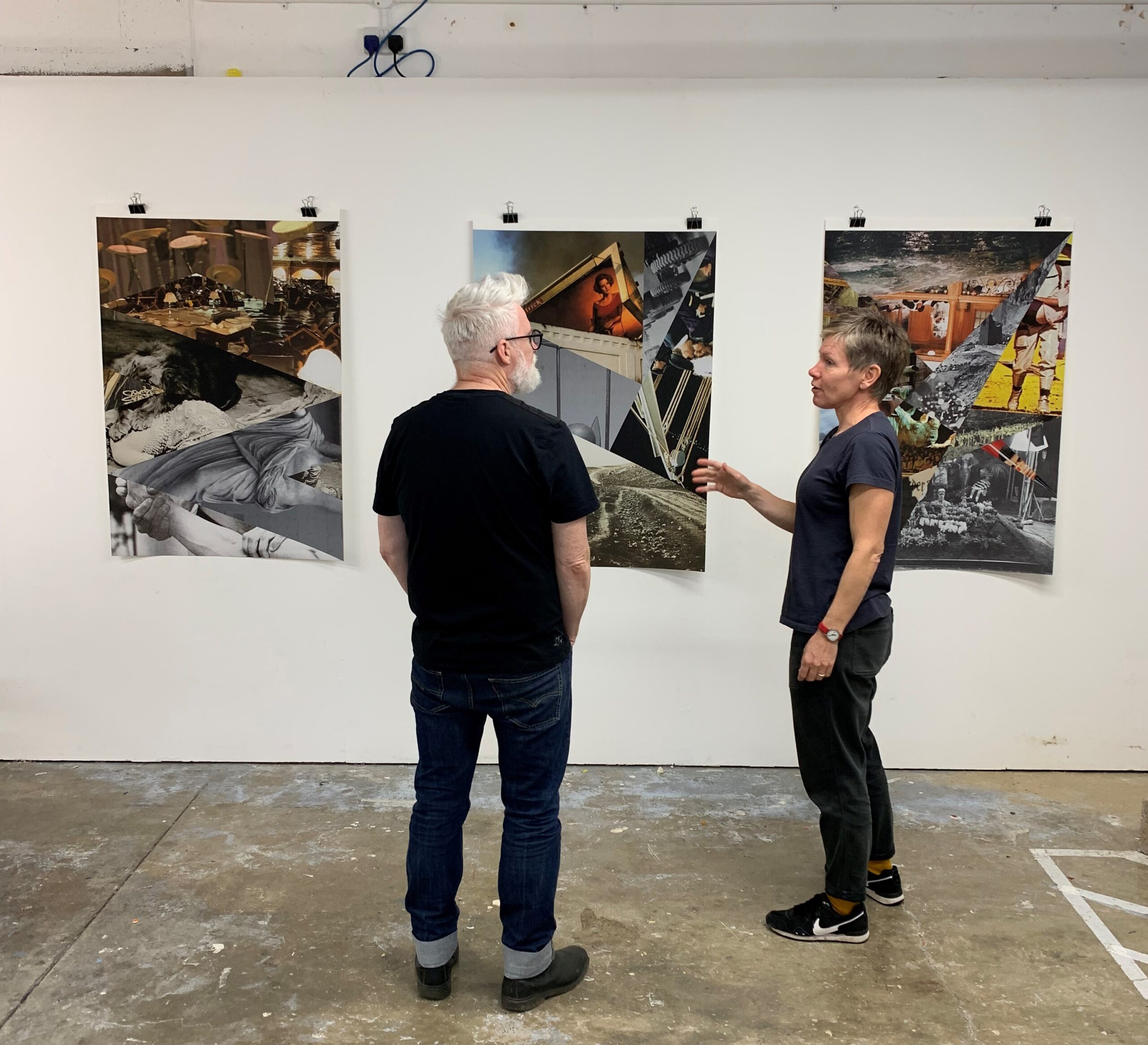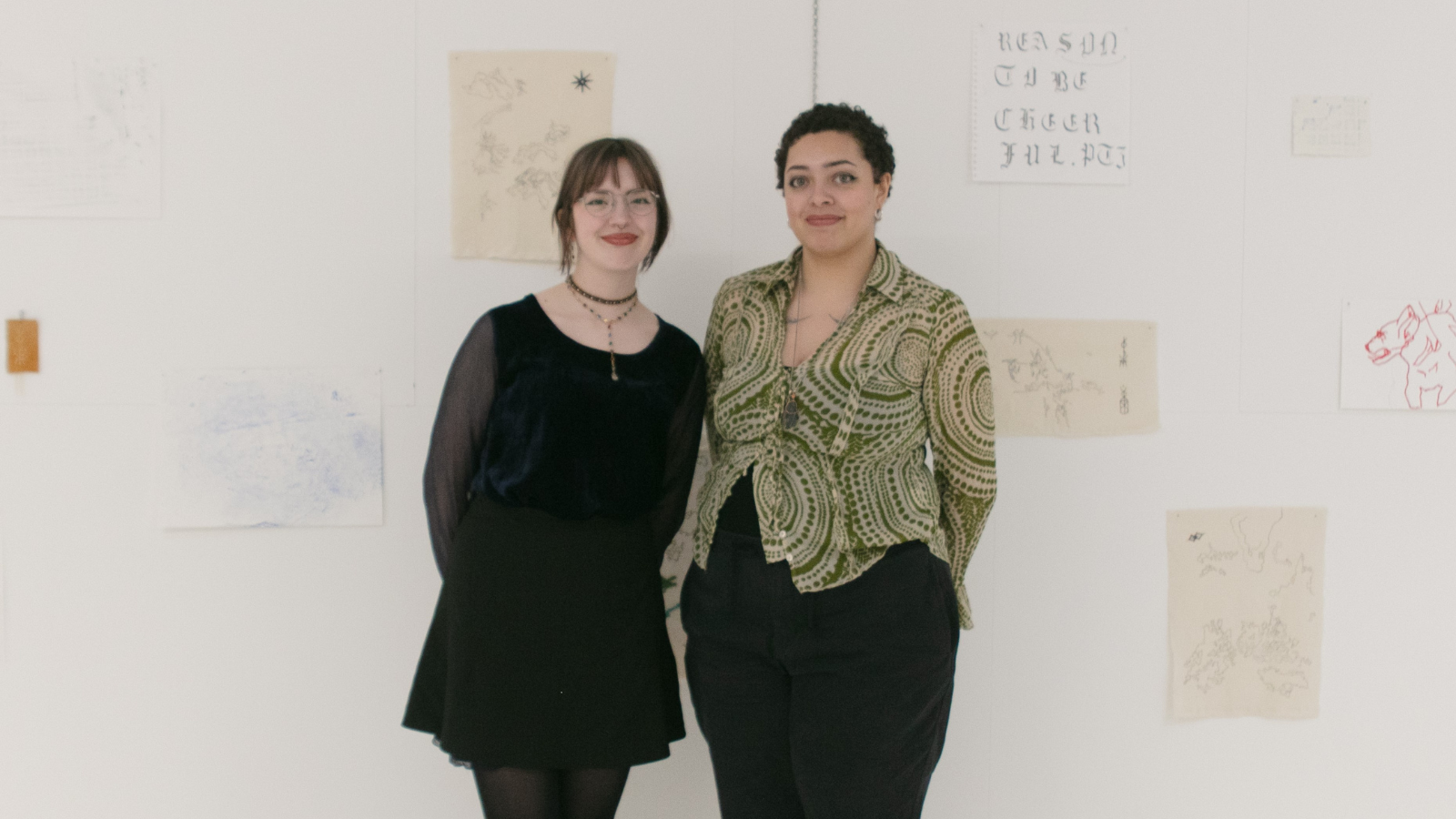This autumn, Radical Ecology, KARST and other partners present the Open City season of decolonial art and public programming.
Open City invites artists, activists and thinkers from across south-west England to listen, walk and dream together as we explore the essential role of inclusive civic spaces in creating just and sustainable planetary futures.
Centred around our upcoming group exhibition, Against Apartheid (28 September – 2 December 2023), the season brings together interconnected issues including histories and legacies of the plantation, contemporary contexts of forced migration and climate breakdown. Programmed events include talks and public lectures by speakers including artist Annalee Davis, writer Gary Younge, climate scientist Tim Lenton and activist Françoise Vergès.
The role of music and deep listening – being genuinely curious about someone else’s story – as tools for facilitating a collective transformation. Interventions delivered in collaboration with the Centre for Deep Listening draw on legacies of artist and researcher Pauline Oliveros, as well as new iterations of an ongoing programme for jazz education across Devon and Cornwall, Musical Passage. Live performances by spoken word artist Otis Mensah and folk singer Angeline Morrison form part of the Black Atlantic symposium – a public celebration of the 30th anniversary of Paul Gilroy’s seminal decolonial text, The Black Atlantic (25 & 26 November 2023).
At KARST, Wednesday nights throughout October and November will be the site of an Open City Night School. Eight community leaders will bring together perspectives on Plymouth from across refugee and asylum seeker communities, school teachers, third sector workers and the armed forces, developing methods for seeing the city through the eyes of another. This learning will inform the collaborative development of A Silent Walk. The walk through Plymouth will take place on 26 November 2023, ending with a shared breakfast on Plymouth Hoe and reflections on how we might harvest these public processes to imagine new and practicable frameworks for environmental justice.
Open City is presented by Radical Ecology in partnership with KARST, The Box, Choose Love, Real Ideas Organisation, Devon and Cornwall Refugee Support, Diversity Business Incubator, Jabulani, Plymouth Culture, The Arts Institute at the University of Plymouth, Global Systems Institute at the University of Exeter, Arts and Culture at the University of Exeter, UCL Sarah Parker Remond Centre for the study of Racism and Racialisation, The Center for Deep Listening at Rensselaer Polytechnic Institute, Newlyn Art Gallery & The Exchange, Asone Music Hub, Plymouth Music Hub, Devon and Torbay Music Hubs, Torbay Community Development Trust, the Apricot Centre and Zebra Collective.
Key Dates:
28 September, 4.45pm-5.45pm – Keynote Lecture: Annalee Davis, Lecture Theatre 1, Roland Levinsky Building at University of Plymouth. BOOK HERE.
28 September, 6-8pm – Against Apartheid exhibition opening at KARST
28 September, 7.30pm-8pm – Artist Panel: Annalee Davis, Iman Datoo, Kedisha Coakley and Ashanti Hare in conversation at KARST. (FULLY BOOKED)
29 September-2 December – Against Apartheid exhibition at KARST
4 October, 6-8pm – Open City Night School: Trauma Geographies with Dr. Sana Murrani at KARST. BOOK HERE
11 October, 6-8pm – Open City Night School: Deep Listening Workshop with Ximena Alarcón Díaz at KARST. BOOK HERE
18 October, 6-8pm – Open City Night School at KARST
1 November, 6-8pm – Open City Night School at KARST
2 November, 8pm – Gary Younge: Dispatches from the Diaspora presented by Zebra Collective at Barbican Theatre
4 November, 2-4pm – Musical Passage: Workshop and Jam Session at The Exchange, Penzance
15 November, 6-8pm – Open City Night School at KARST
22 November, 6-8pm – Open City Night School at KARST
25-6 November – Black Atlantic Symposium at KARST and The Market Hall, Devonport
26 November – A Silent Walk, Plymouth
29 November – Open City Night School at KARST

